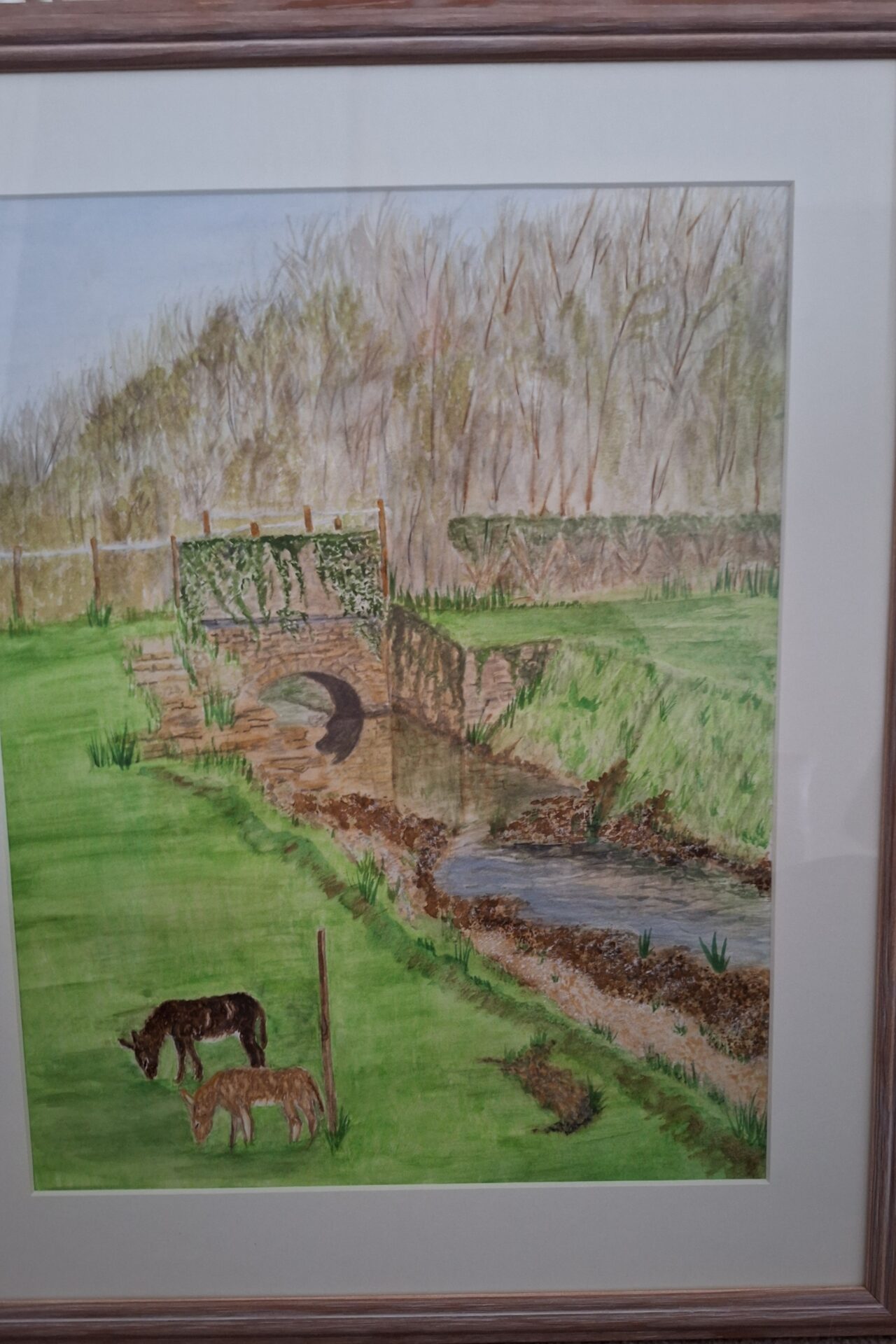In silence the unadorned God, the pure life of Divinity, can be experienced.
At Meditatio House there is a time of silence each weekday morning until 9am. What is the point of this silence? Perhaps, for some, the practice seems prescriptive or doctrinaire, or perhaps somewhat ‘old school’.
What do the mystics say about silence? St. Benedict, in his fifth century Rule states that “Monks should diligently cultivate silence at all times, but especially at night.” The Sufi mystic and poet Rumi wrote in the thirteenth century “silence is the language of God, all else is poor translation”. The Christian mystic St. John of the Cross, writing in the sixteenth century, said that “silence is God’s first language”. In 1948 Thomas Merton wrote “God [is] hidden within me. I find Him by hiding in the silence in which He is concealed.”
The life of a contemplative (mystic) will always be drawn, somehow and someway, into silence because as the contemplative seeks God we discover that it is in silence where the Divine life is naked to our stilled senses.
In silence the unadorned God, the pure life of Divinity, can be experienced. Silence is the ongoing event of Love in which all are invited to take part. Our challenge is to be inwardly still enough and outwardly undistracted to (perhaps) experience this Divine life.
All are invited to take part? Yes, all. Every human being, because we exist, can experience God. It is in our ‘spiritual DNA’. We are all invited to find our own contemplative way. Often it is in the experiences of life that leave us speechless (or silent) where our contemplative roots are exposed.
Why then can silence be such a challenge to maintain? Why do we avoid it? So much of the world we have created is so full of noise. This noise distracts and deadens our senses to the subtle, gentle and ever present life of God that moves in and with silence. Perhaps in avoiding silence we are also avoiding God – or at least an image of God.
An absence of external stimuli can uncover internal movements of consciousness, our patterns and motivations. In silence our inner lives are exposed to awareness. And many times we don’t like what we see. In silence our hurts can lurk. Silence can also expose the self-talk and beliefs we do not like. A long held belief that ‘I am nothing’, for example, can be covered over by an over-active life and then exposed when life becomes quiet.
Silence can also expose the agitations of the ego – that aspect of consciousness that wants us caught in distraction, noise and the external. If we are able to cultivate silence then attention is in ‘danger’ of moving deeper into the mind and to places where ego is no longer the centre of psychological life. The ego wants us to believe that the death of egocentricity is somehow the death of our essence. Silence shows us that we are not our egos.
Silence is alive with a waiting God, waiting for us to be still enough so that the Divine life can soak a little bit more into the whole of us. But why bother with this God and this soaking? Perhaps we believe that growing in silence is being too open to the possibility of a change that is not needed or wanted? Perhaps the God we believe in, deep down, is not one of compassion or love?
Often a choosing for God and the silence in which we experience God happens when life as we have lived it is no longer working for us. The desires for a life of purpose and meaning are not being met by our current reality. St. Benedict speaks into this when, in the Prologue of his Rule, he asks “Is there anyone here who yearns for life and desires to see good days?” (Psalm 13(14):13). Jesus, in John’s Gospel declares “I have come that you may have life, and have it to the full.” (Jn10:10). We may first risk silence because we want to live a life of fulfilment and purpose and we sense somehow, however faintly, that the Divine of silence can help us with this.
A time of silence is structured into life at Meditatio House simply because an experience of it is so important if we are to encounter God and know ourselves. Silence experienced in community can open us up to the love within us for each other.
Silence in life is cultivated as we practice contemplative prayer. It grows into us, blooming like a flower. In time, we come to know through experience that if silence is the language of God, then grace is God’s language spoken into us. Grace is that free gift to us of God’s own love-life. Meditation readies us to hear with the heart and then respond to the silent love language that is grace.
As grace moves within us we are healed and vitalised for life. We are loved into living a life of love. We are loved into an appreciation of silence because that is where God is most simply experienced, and it is where we experience our true self in God.
And with the regular practice of contemplative prayer we begin to live in a new way. We discover that we can live and move in a noisy world and still have our attention on the silence that is being gracefully nurtured within us. This is what a practice like Christian meditation can do. It can, over time, ground our attention and inner life enough in silence that we are able to live there, in the silent cave of our heart, amid life when life bustles. As we do this we experience the Divine life within us moving in harmony with the Divine life around us and in all.
The silent Divinity in us swirls in unison with a falling leaf; it loves the forlorn stranger on the city street; it leaps with delight at the sight of life in a child’s eyes; it joins with the desire we feel as we are held in our lover’s arms. These experiences await us in the silence within us. Silence becomes the experience of God’s spoken union with us in our deepest places. In this the contemplative sees that all of creation is drawing us into the life of God. As we allow this drawing to happen the life of God bursts into creation through us.
The words of St. Irenaeus then come alive: “The glory of God is a human being fully alive; and to be alive consists in beholding God.” In silence God is revealed as the One who truly gives life. All of life’s experiences begin and end in this One who wants to free us simply by loving us in silence.







